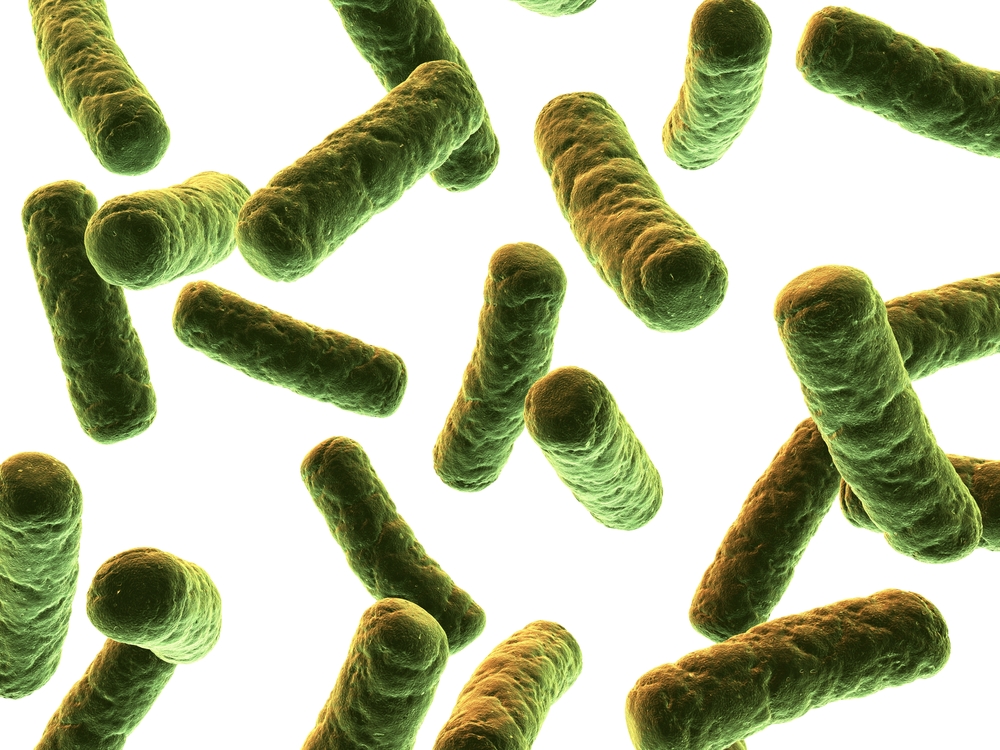STAPHYLOCOCCUS AUREUS CELLS, HEAT-INACTIVATED
Heat-killed Staphylococcus aureus cells in dextran solution. Antigen is intended for use as a positive control in immunoassay development for Staphylococcus detection.
PRODUCT DETAILS – STAPHYLOCOCCUS AUREUS CELLS, HEAT-INACTIVATED
- Heat-killed Staphylococcus aureus cells, genus specific in dextran solution.
- Part of the BacTrace® range of antigens and antibodies.
- This product is ideally suited for use as a positive control in immunoassays designed for the detection of Staphylococcus. It provides verification of the functionality of the assay system.
- Product is considered non-hazardous as defined by The Hazard Communication Standard (29 CFR 1910.1200).
BACKGROUND
Staphylococcus aureus is a Gram-positive, round-shaped bacterium, a member of the Firmicutes, and in humans is frequently found in the upper respiratory tract and on the skin. S. aureus can also survive on dogs, cats, and horses, and can cause bumblefoot in chickens. The nasal region has been implicated as the most important site of transfer between dogs and humans. S. aureus is one of the causal agents of mastitis in dairy cows. Although S. aureus usually acts as a commensal of the human microbiota it can also become an opportunistic pathogen, being a common cause of skin infections including abscesses, respiratory infections such as sinusitis, and food poisoning. Pathogenic strains often promote infections by producing virulence factors such as potent protein toxins, and the expression of a cell-surface protein that binds and inactivates antibodies. The emergence of antibiotic-resistant strains of S. aureus such as methicillin-resistant S. aureus (MRSA) is a worldwide problem in clinical medicine. S. aureus is also responsible for food poisoning. Depending on the strain, S. aureus is capable of secreting several exotoxins (Oliveira et al., 2018). Many of these toxins are associated with specific diseases and it is capable of generating toxins that produce food poisoning in the human body. Its incubation period lasts one to six hours, with the illness itself lasting from 30 minutes to 3 days. Despite much research and development, no vaccine for S. aureus has been approved. Up to 50,000 deaths each year in the USA are linked with S. aureus infections.
REFERENCES
- Oliveira D, Borges A, Simões M. Staphylococcus aureus Toxins and Their Molecular Activity in Infectious Diseases. Toxins (Basel). 2018 Jun 19;10(6):252.

